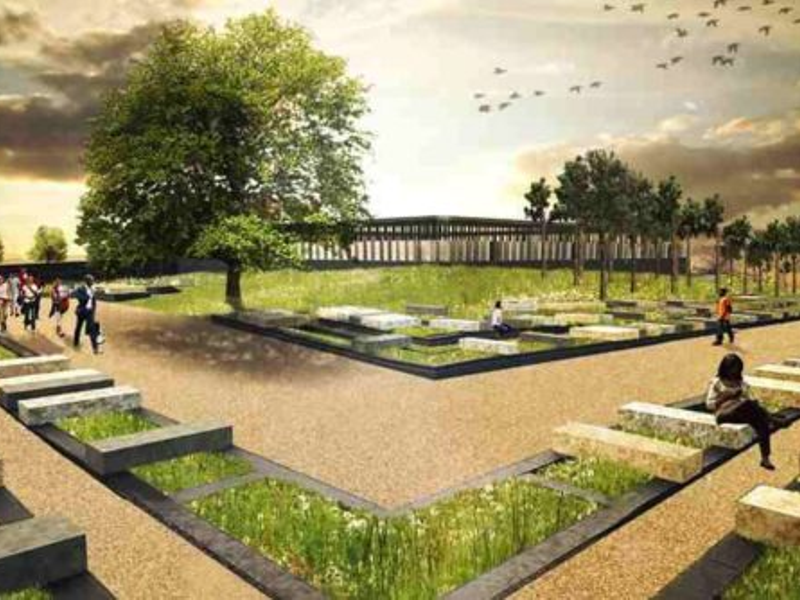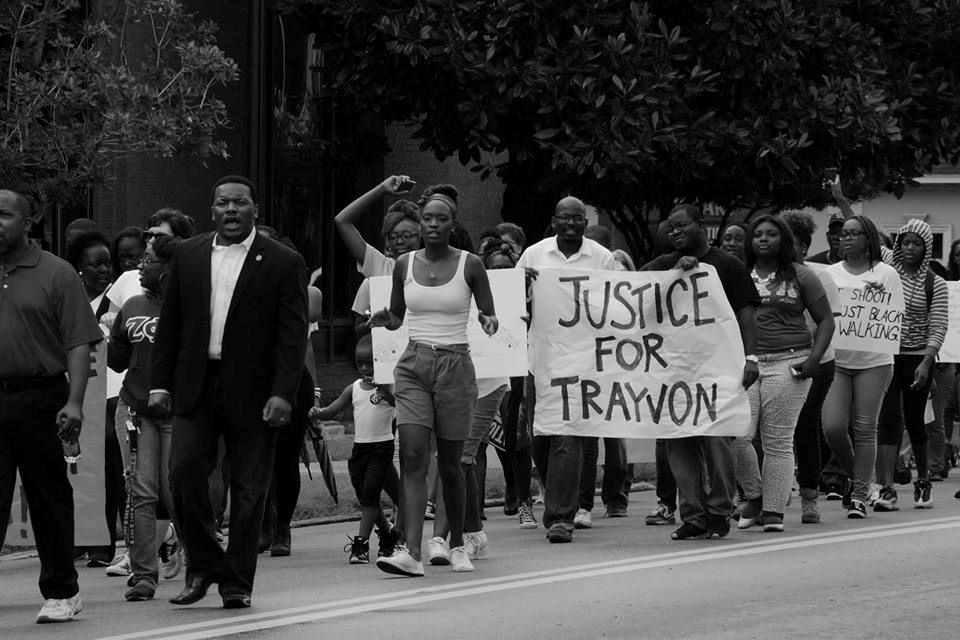
It’s no secret the American past is riddled with ugly xenophobic acts. Lately there has been a serious influx in recognizing the crimes of the country’s ancestors, and Black America should be fully present to celebrate the recent efforts. The state of Alabama is currently constructing “The Memorial to Peace and Justice” dedicated to the victims who were slain by the heinous act of lynching.
The first of its kind in the country, the memorial will be constructed in Montgomery, AL on six acres of land in the highest point of the state, overseeing the city of Montgomery and the South, where lynching was most brutal and prominent.
The Equal Justice Initiative (EJI), a legal rights organization in Alabama, launched efforts to bring the memorial to the forefront of the American conversation after they reported research in a February 2015 document entitled Lynching in America: Confronting the Legacy of Racial Terror.
The structure is designed to mimic 800 floating concrete columns to represent each documented county where the lynching took place, engraved with names of 4,000 individuals that were lynched between 1877-1950.
MASS Design Group, a Boston architectural firm is overseeing the project with an estimated finish date in 2018. The EJI is also working on “A Community Remembrance Project,” collecting soil from various lynching sites to tell the stories of racial terrorism victims.
The “Memorial to Peace and Justice” will also feature a corresponding museum, From Enslavement to Mass Incarceration, scheduled to open April 2017. It will highlight the tumultuous history of Blacks in America and shed light on the extremely high rate of incarcerated African Americans and what can be done about that.
This museum will sit on the site of a former slave warehouse, midway between a former auction block and train station, each site a stop in human trafficking ring. The museum will offer digital interaction through film and audio enhancements, as well as hands-on technology, visual arts displays and dialogues on the mass incarceration issue now riddling Black America.
This is important news for Blacks in America to finally see a memorial dedicated to the suffering of their ancestors, in view of the fact that too many were terrorized because of xenophobia.
This memorial is vital to Black American culture because it will be a reminder us of the wrongs that were done by racist Americans while many of their actions were swept under the rugs and never recorded. This is a chance for America to acknowledge the wrongdoings as a visible scar on the history of this country.
What better way to remember the Black American culture than to memorialize it? From the fields to the prison cells, it is necessary to understand from where we have come and where we are to progress.




